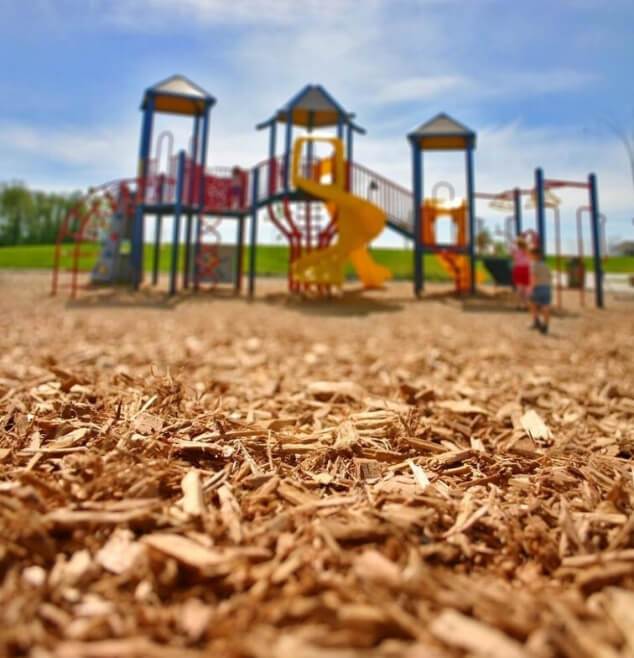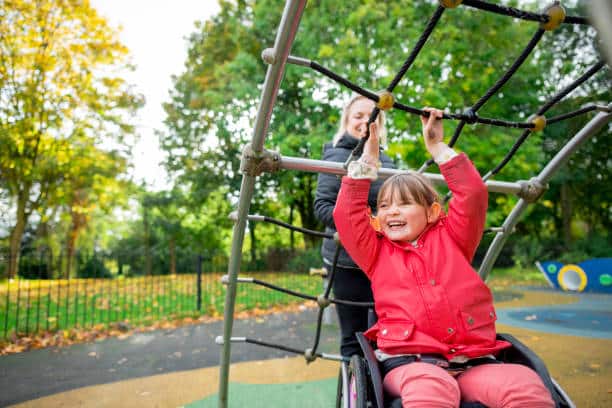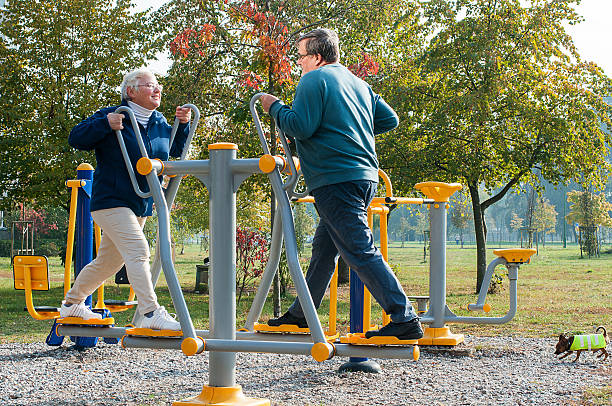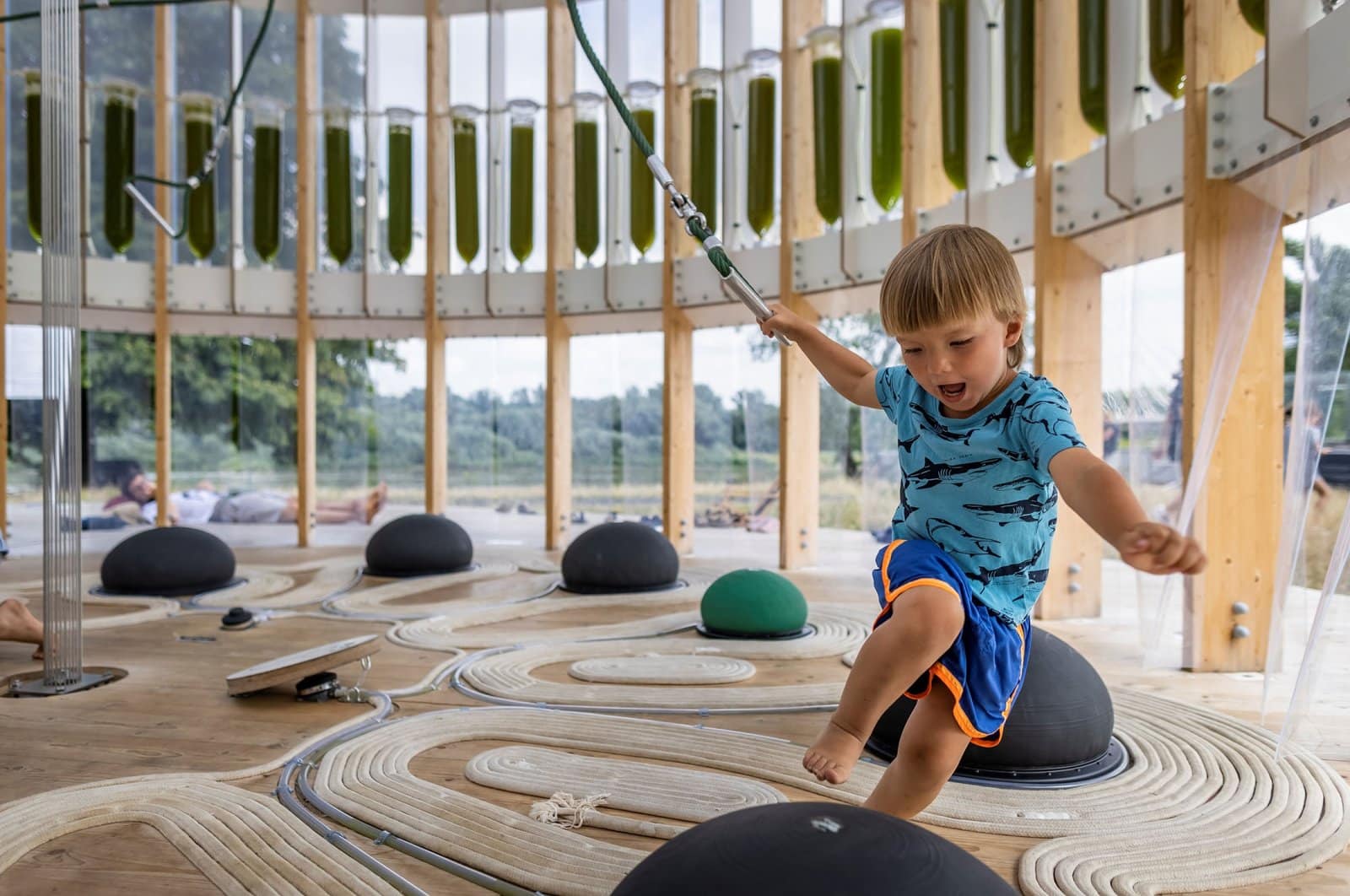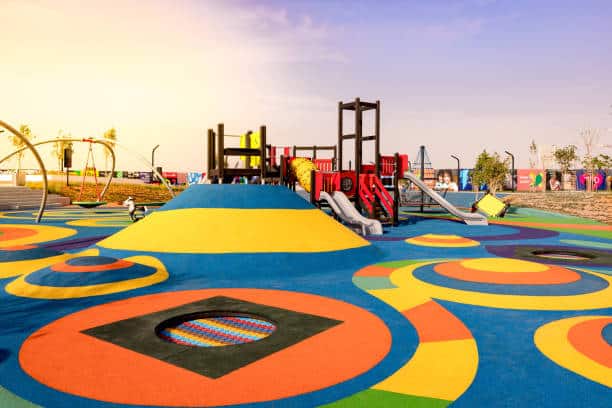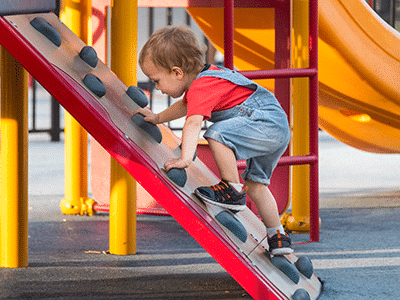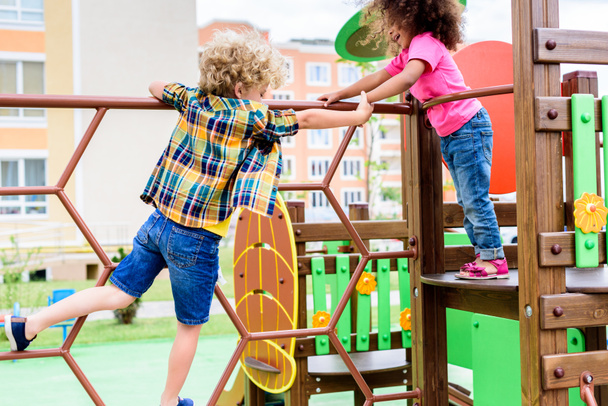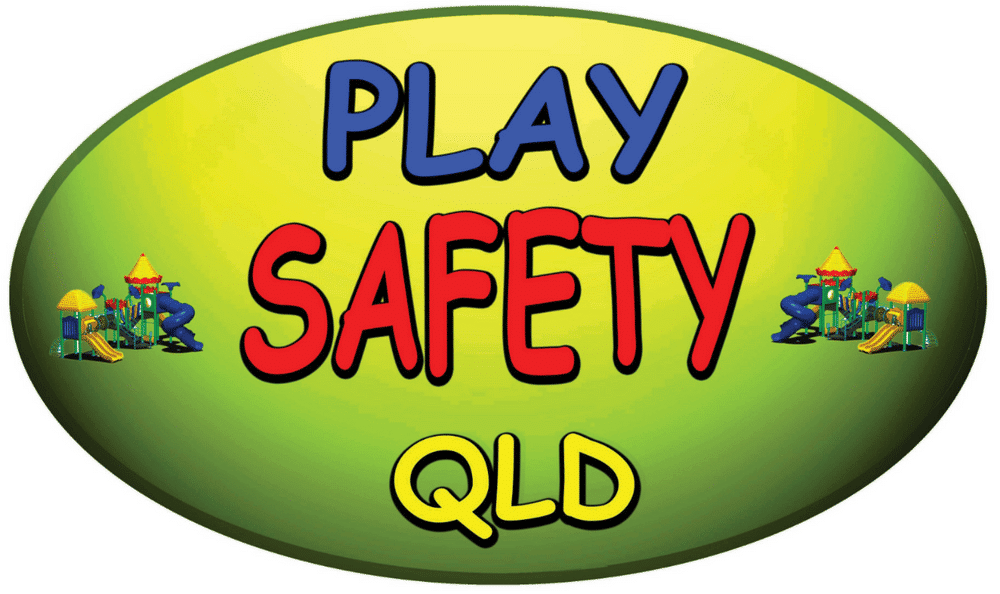Play is a fundamental part of childhood. It’s not just about fun and games; it’s a critical aspect of a child’s development. And when it comes to play, there’s no place more important than the playground. In this blog, we’ll dive into the psychology of play and explore why playgrounds matter so much in the lives of children.
The Power of Play
Play is a universal behaviour observed in all cultures, and it’s not limited to humans—animals play too. Psychologists have long studied the importance of play in human development, and the results are clear: play is essential for healthy physical, cognitive, and social development.
1. Physical Development
Playgrounds offer an array of physical activities that promote growth and coordination. Climbing structures enhance muscle strength and balance, while swings stimulate vestibular development. Running, jumping, and sliding all contribute to a child’s physical well-being.
2. Cognitive Development
Playgrounds are not just about physical exertion; they also stimulate cognitive growth. When children engage in imaginative play, they develop problem-solving skills, creativity, and abstract thinking. Play encourages children to use their imagination and explore the world around them.
3. Emotional Development
Playgrounds provide a space for children to express and regulate their emotions. They learn about risk-taking, frustration, and perseverance. Play fosters empathy as children engage in cooperative play, take turns, and negotiate with peers.
4. Social Development
Playgrounds are bustling social hubs where children learn valuable social skills. They interact with peers, make friends, and navigate social hierarchies. Playgrounds help children learn to communicate effectively and resolve conflicts peacefully.
Why Playgrounds Matter
Now that we understand the significance of play, let’s explore why playgrounds are crucial in facilitating these developmental benefits:
1. Equal Opportunity
Playgrounds are accessible to children from diverse backgrounds. Regardless of socioeconomic status, ethnicity, or ability, children can come together and play on an equal footing. This inclusivity promotes social cohesion and understanding.
2. Freedom and Autonomy
Playgrounds offer a space where children can exercise their independence and make choices. They have the freedom to decide how they play, what games to engage in, and who to play with. This autonomy fosters a sense of control and self-confidence.
3. Physical Exercise
In an age of screens and sedentary lifestyles, playgrounds provide an opportunity for children to engage in physical activity. Regular exercise supports not only physical health but also mental well-being, reducing stress and anxiety.
4. Imaginative Play
Playgrounds spark imagination and creativity. Whether it’s pretending to be pirates on a ship-shaped structure or creating make-believe scenarios in a playhouse, imaginative play helps children explore new worlds and ideas.
5. Social Skills
Interacting with peers on the playground teaches children valuable social skills like sharing, cooperation, and conflict resolution. These skills are essential for building strong relationships in the future.
6. Stress Relief
Playgrounds offer a natural environment for stress relief. Spending time outdoors, surrounded by nature and open spaces, can have a calming effect on children and reduce stress.
7. Sense of Community
Playgrounds are often at the heart of communities. They serve as meeting places for parents, caregivers, and children, fostering a sense of belonging and community spirit.
Conclusion
Playgrounds are not just collections of swings, slides, and climbing structures; they are arenas for growth, learning, and development. They are where children explore the world, develop their physical and cognitive skills, and build lasting friendships. Understanding the psychology of play helps us appreciate why playgrounds matter so much in the lives of children and why we should continue to invest in these vital community spaces. In doing so, we invest in the future health and well-being of our children and our society as a whole.


